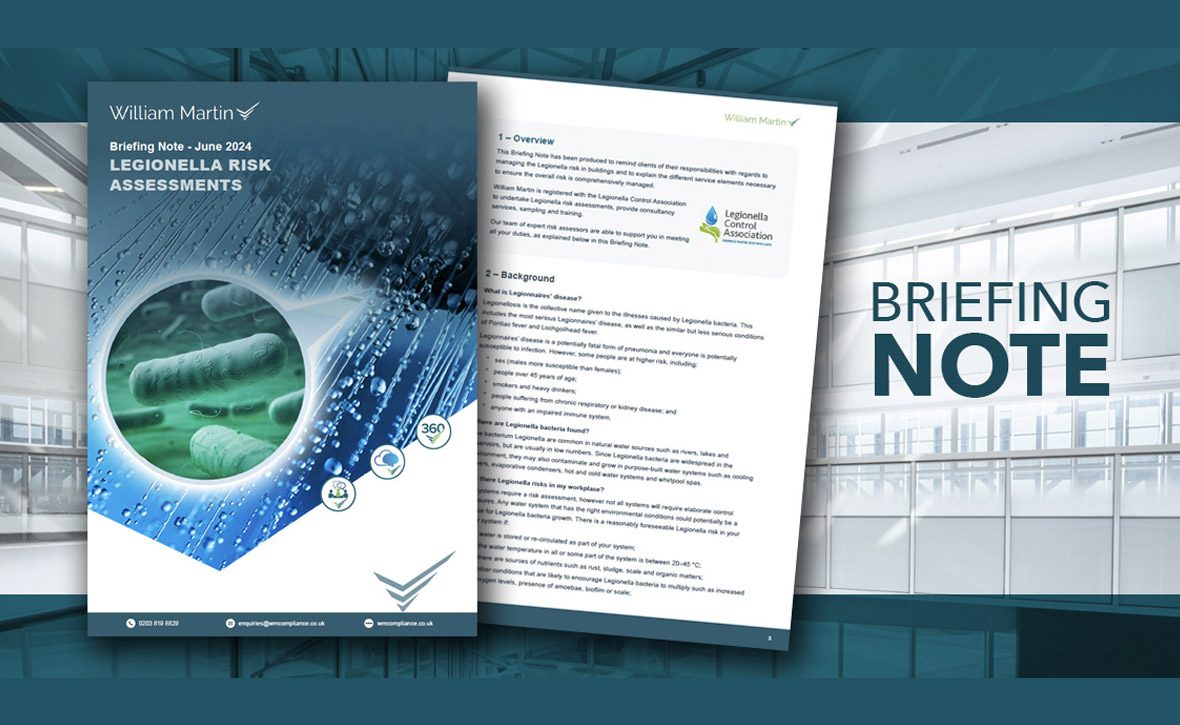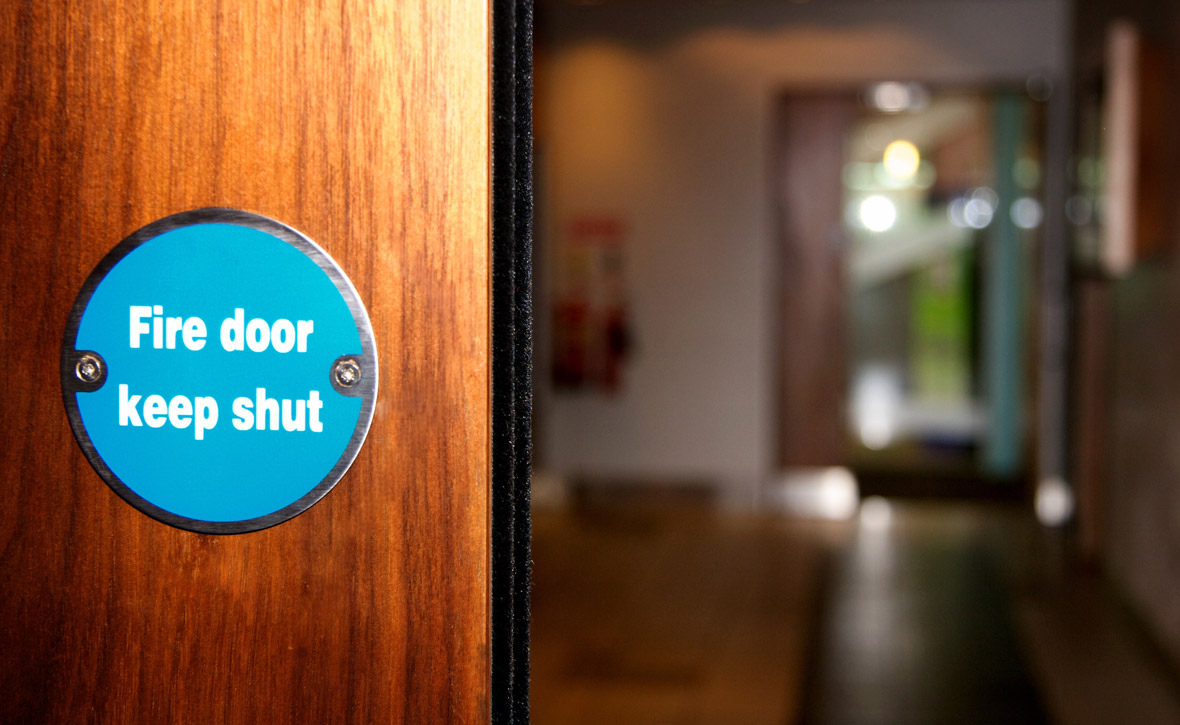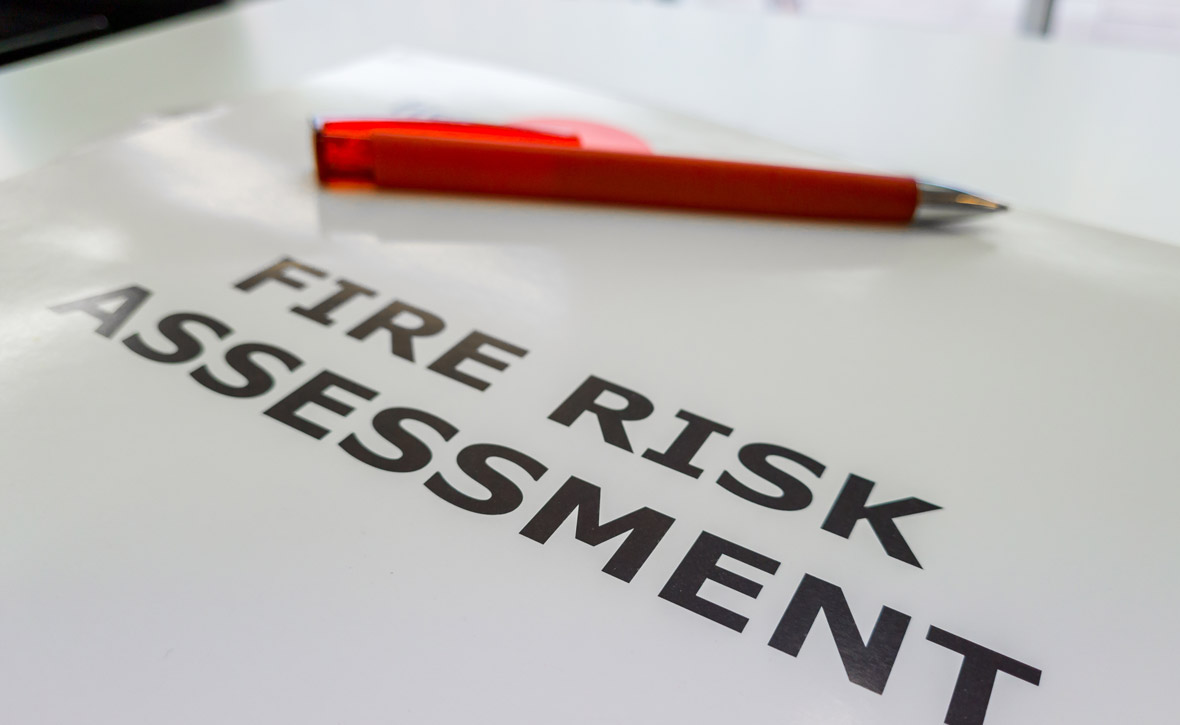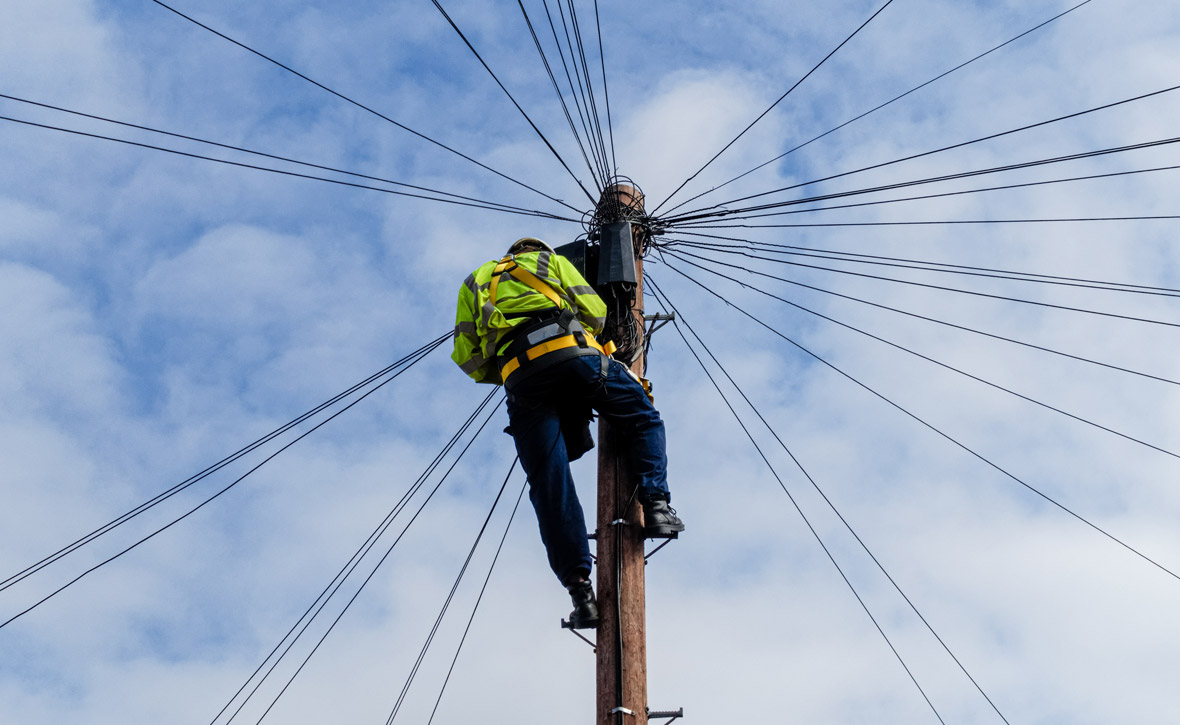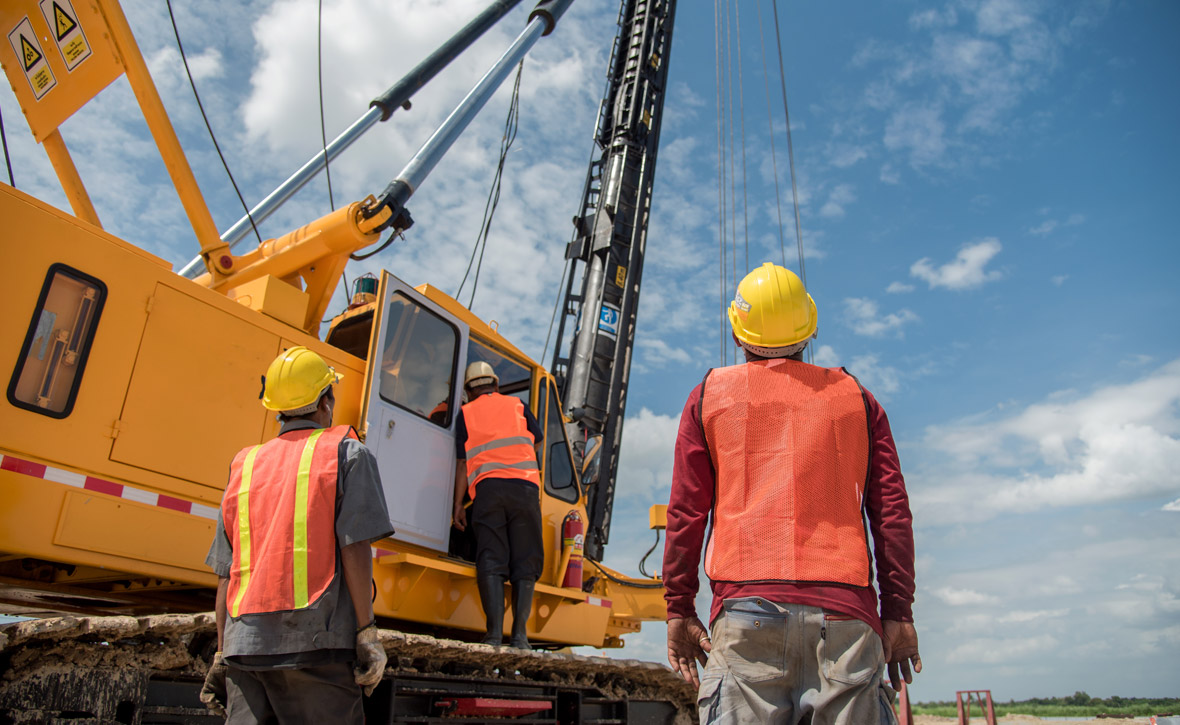Conduct a risk assessment
Employers have a legal duty to carry out a thorough risk assessment for their lone workers to ensure their health, safety, and compliance with relevant regulations. A comprehensive risk assessment is essential for identifying the specific hazards and potential risks that lone workers may face, such as violence, medical emergencies, or environmental hazards.
By conducting this assessment, employers can develop appropriate control measures and safe systems of work to mitigate these risks. Failure to conduct a risk assessment for lone workers can have serious consequences, including legal penalties, financial liabilities, and reputational damage for the employer.
Many countries have specific laws and regulations that require employers to assess and manage the risks associated with lone working, such as the Health and Safety at Work Act in the UK. By proactively addressing the risks faced by lone workers, employers can not only fulfil their legal obligations but also demonstrate a genuine commitment to the well-being and safety of their staff. This can lead to improved employee morale, reduced absenteeism, and a stronger overall safety culture within the organisation.
By addressing the risks of lone working and implementing effective strategies to protect their employees, employers can not only ensure compliance with relevant regulations but also foster a safer, more supportive work environment that promotes the well-being and productivity of their staff.
At William Martin, we tailor our services to you, so you can rest assured that all your needs and expectations are met. Our health and safety consultants have a wealth of experience and go above and beyond, giving honest and pragmatic advice, every time. We can conduct health and safety risk assessments as well as audit and gap analysis, to help you remain compliant and identify areas for improvement.
Contact
At William Martin, we bring unparalleled health & safety expertise and powerful technology to the table. Whatever your sector and wherever you are, we give you the support you need to keep compliant, strong, and successful. For all enquiries, please contact us or call our team on 0203 819 8829.



